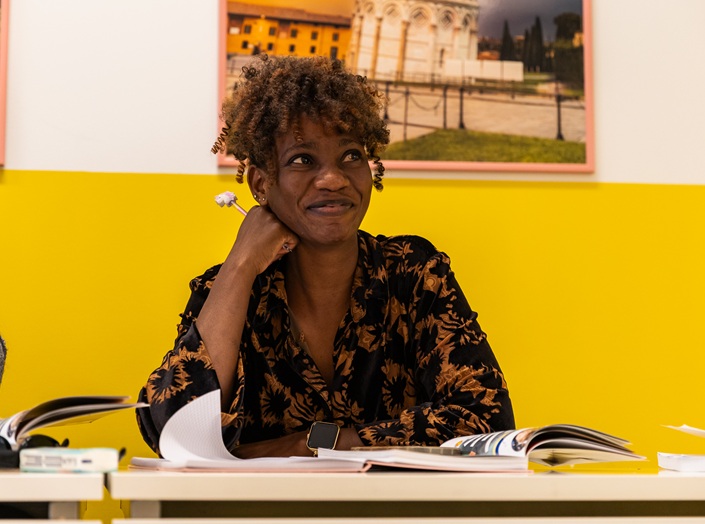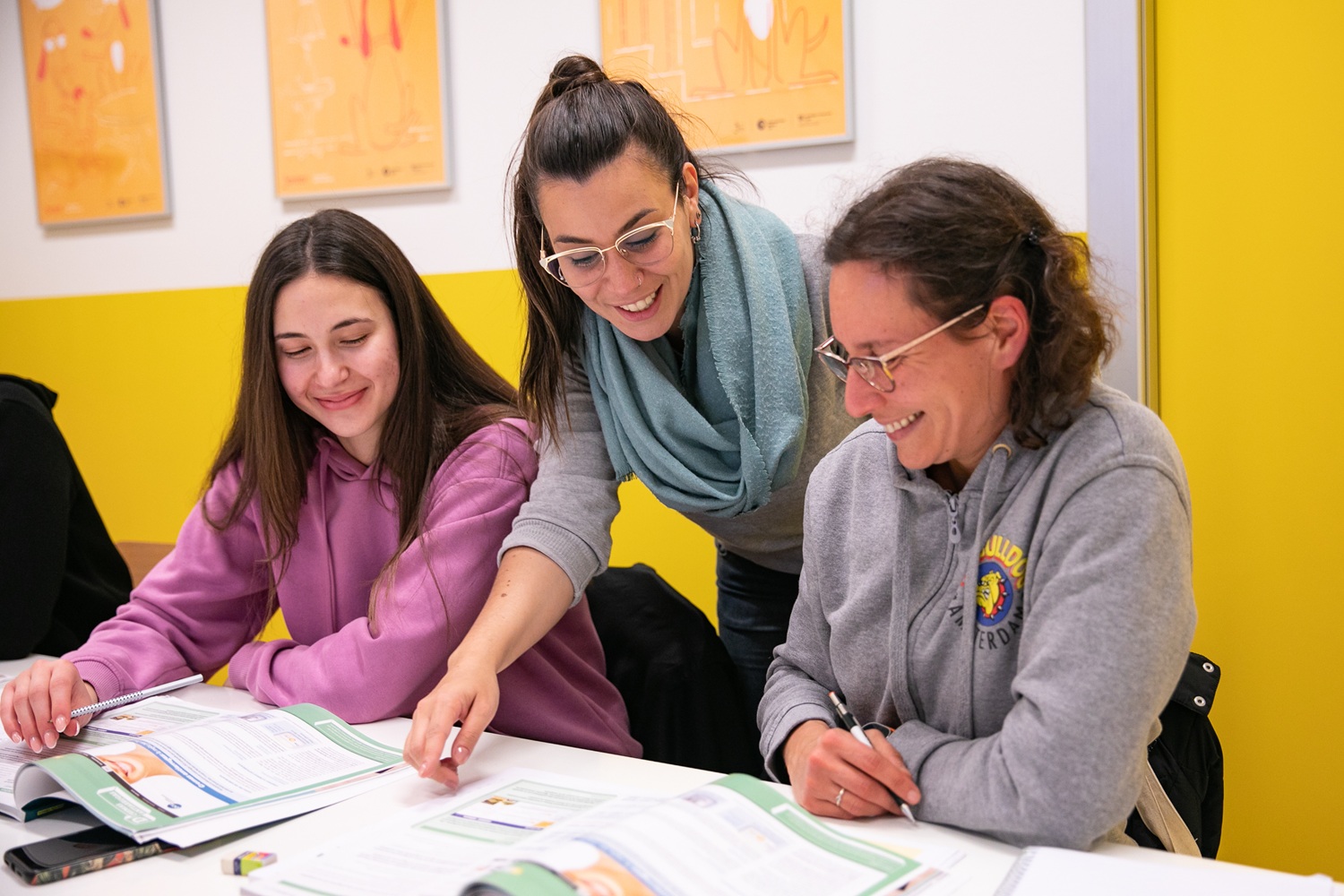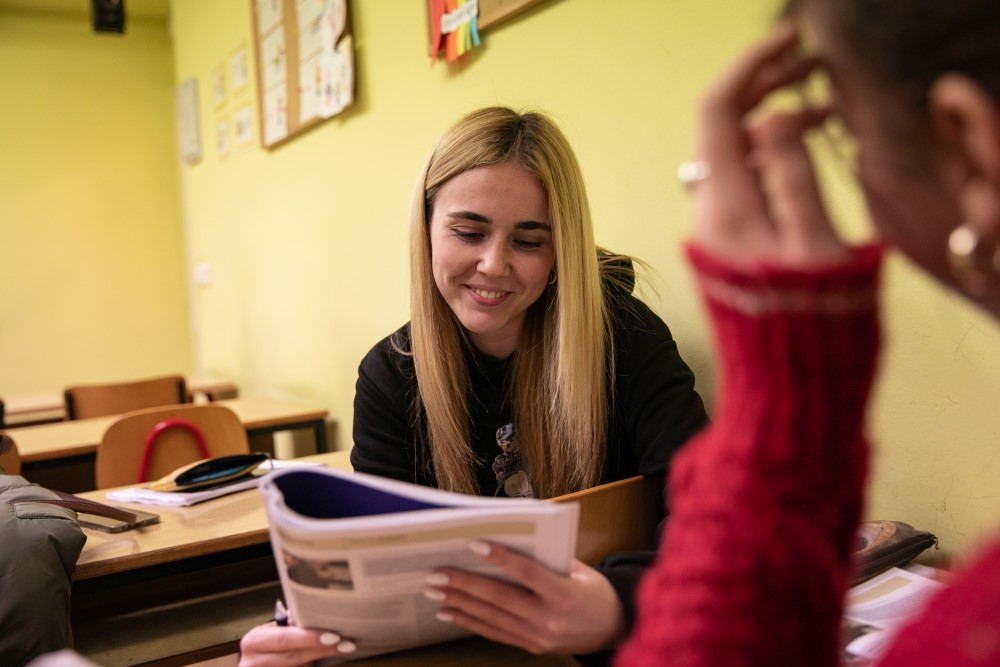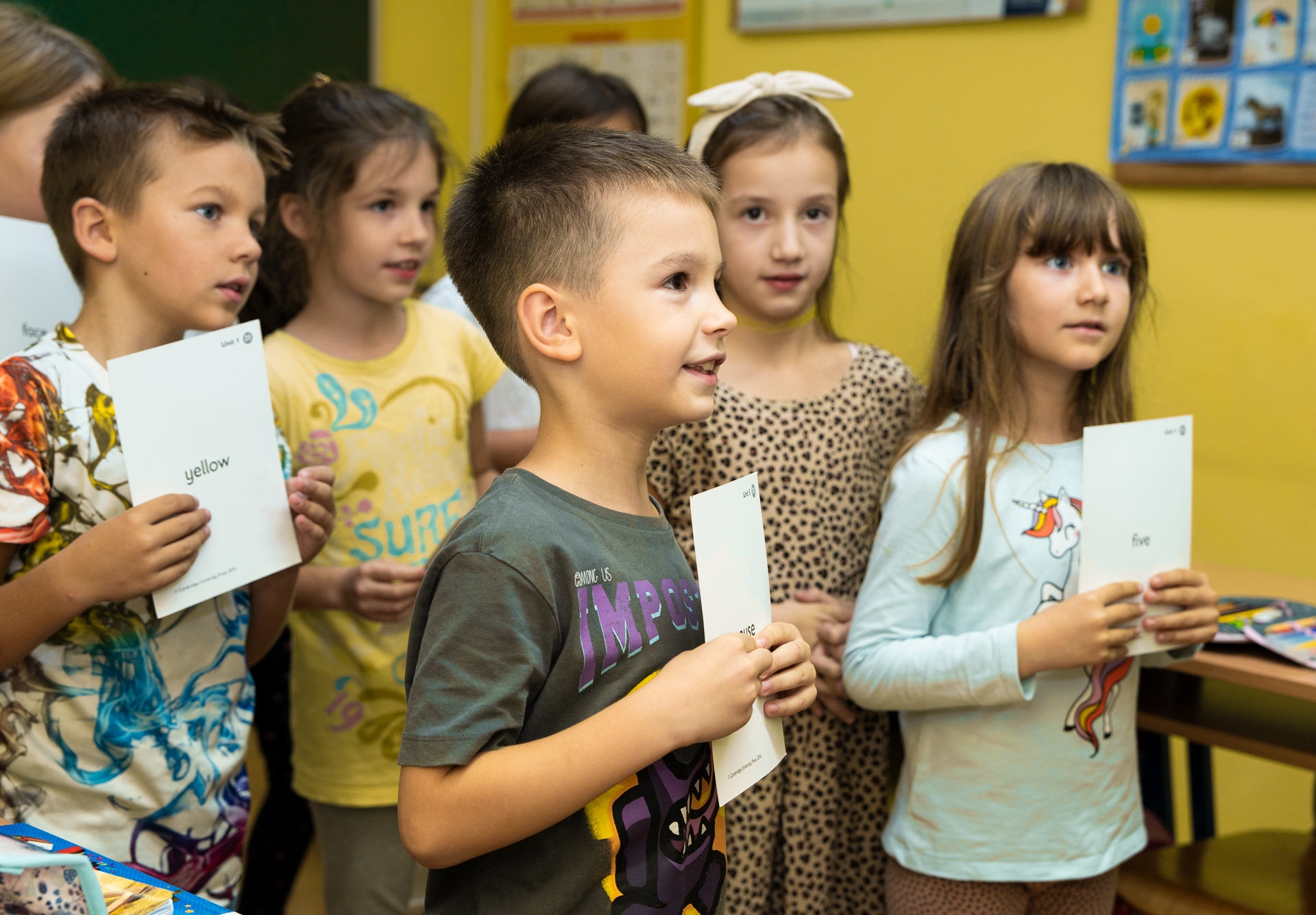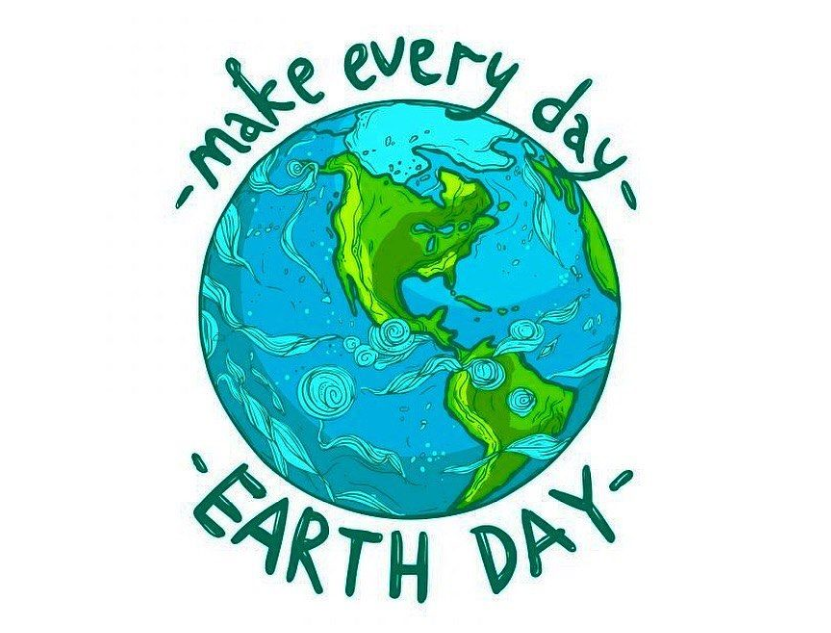
Blog
Jonathan Dykes: why we need Green Standard Schools
Written by Jonathan Dykes, founder of the Green Standard Schools association
2020 will go down in history as the year the new coronavirus caused a pandemic that caused hundreds of thousands of deaths and decimated much of the global economy. Fortunately, if the vaccination initiatives prove to be effective (and all indications are that they will) the rest of 2021 will witness the steady decline of the pandemic and a return to something frequently described as the ‘new normal’. But what will this new normal look like?
One of the most important issues that was making headline news on a daily basis before the pandemic struck was environmental sustainability. Global warming, plastic waste, the pollution of our rivers and seas, soil degradation, deforestation, the mass extinction of plants and animals… none of these issues have gone away and unfortunately, there is nothing similar to a vaccine on the way to help to solve them.
Even Covid-19 can be seen as a consequence of our disregard for the environment. Deforestation puts people in much closer contact with those animals whose natural habitats are being destroyed, making it easier for previously unknown viruses to cross the species divide, infect people, and threaten us all.
So what are we doing about it? Can we leave it up to governments and scientists to solve these problems for us? Or should we all try to contribute in whatever way we can?
The answer should be obvious. In the same way that the impact of Covid-19 could only be constrained by a change in everyone’s behaviour, we can only safeguard the planet for future generations if we all do our best to help.
These are the sorts of considerations that inspired a group of people working in the language teaching industry to establish a new, not-for-profit association called Green Standard Schools.
The main aim of the association is to encourage language teaching organisations everywhere to commit to a series of environmentally sustainable policies and practices and encourage all their stakeholders – owners, staff, students, suppliers – to adopt similar practices.
Language teaching organisations engage with millions of students all over the world every year. This provides us with an extraordinary opportunity to discuss environmental issues with a huge number of people and, quite possibly, influence the way they think and behave.
Of course we also need to change the way we run our schools and there is a huge range of things we can do. To name just a few: cut down on the amount of paper we use by switching to digital teaching resources; reduce the amount of energy we consume and switch to electricity suppliers that generate their power from renewable sources; offset the amount of greenhouse gases our students produce when they travel to study with us; recycle and reuse as much as possible; plant some more flowers or trees in our window boxes or gardens… The list of ways language schools can contribute to a more environmentally sustainable future is a long one, and even small changes can have an impact.
Schools that are able to demonstrate a serious commitment to environmental sustainability can go on to become accredited by Green Standard Schools. That should be of benefit both for the schools and for the environment.
For more information about Green Standard Schools visit our website: https://greenstandardschools.org
